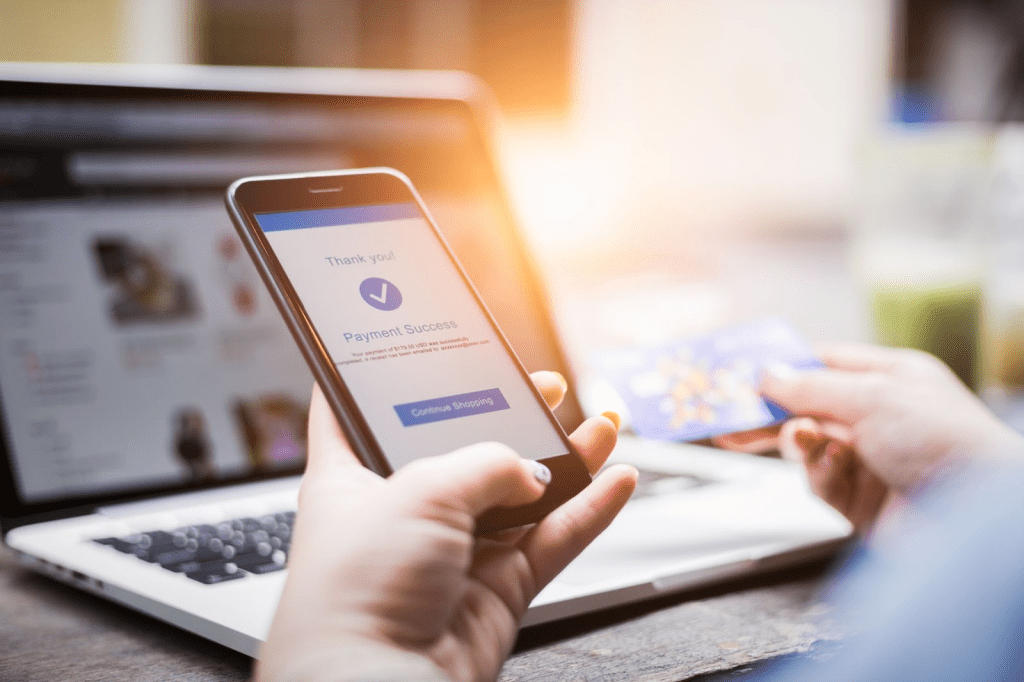
Image Source: Google
With the rise of online shopping and digital transactions, ensuring the security of your payments is more important than ever. From shopping for groceries to paying bills, online payments have become an essential part of our daily lives.
However, with this convenience comes the risk of cyber threats and fraud. In this ultimate guide, we will explore the best practices to empower your finances and make secure online payments.
Understanding Online Payment Security
Before diving into the tips for secure online payments, it's crucial to understand the basics of online payment security:
Encryption
- Ensure the website you are using for online payments has an SSL certificate, which encrypts the data transferred between your browser and the website.
- Look for "https://" in the URL and a padlock icon in the address bar to verify the website is secure.
Tokenization
- Tokenization replaces sensitive payment information with a unique token, adding an extra layer of security to transactions.
- Even if a hacker intercepts the token, they won't be able to use it without the corresponding encryption key.
Tips for Secure Online Payments
Use Secure Payment Methods
- Opt for credit cards over debit cards for online transactions. Credit cards offer more fraud protection and are not directly linked to your bank account.
- Consider using secure payment platforms like PayPal or Apple Pay, which offer additional security features such as two-factor authentication.
- Avoid saving payment information on websites and use guest checkout whenever possible to minimize the risk of data breaches.
Keep Software Updated
- Regularly update your operating system, web browser, and antivirus software to patch any security vulnerabilities.
- Enable automatic updates for all your devices to ensure you are protected against the latest threats.
Monitor Your Accounts
- Review your bank and credit card statements regularly to spot any unauthorized transactions.
- Set up transaction alerts on your accounts to receive notifications for any activity.
- Report any suspicious activity to your financial institution immediately.
Additional Security Measures
Use Strong Passwords
- Create unique, complex passwords for each online account and use a password manager to securely store them.
- Enable two-factor authentication whenever possible to add an extra layer of security to your accounts.
Beware of Phishing Scams
- Avoid clicking on links or downloading attachments from unsolicited emails or messages.
- Double-check the sender's email address and look for any spelling errors or suspicious requests.
Secure Your Devices
- Use strong passcodes or biometric authentication on your smartphones and tablets to prevent unauthorized access.
- Avoid connecting to public Wi-Fi networks when making online payments and use a VPN for added security.
Conclusion
By following the best practices outlined in this ultimate guide, you can empower your finances and make secure online payments with confidence. Remember to stay informed about the latest cybersecurity threats and take proactive measures to protect your financial information. Secure online payments are essential for safeguarding your money and personal data in today's digital world.

